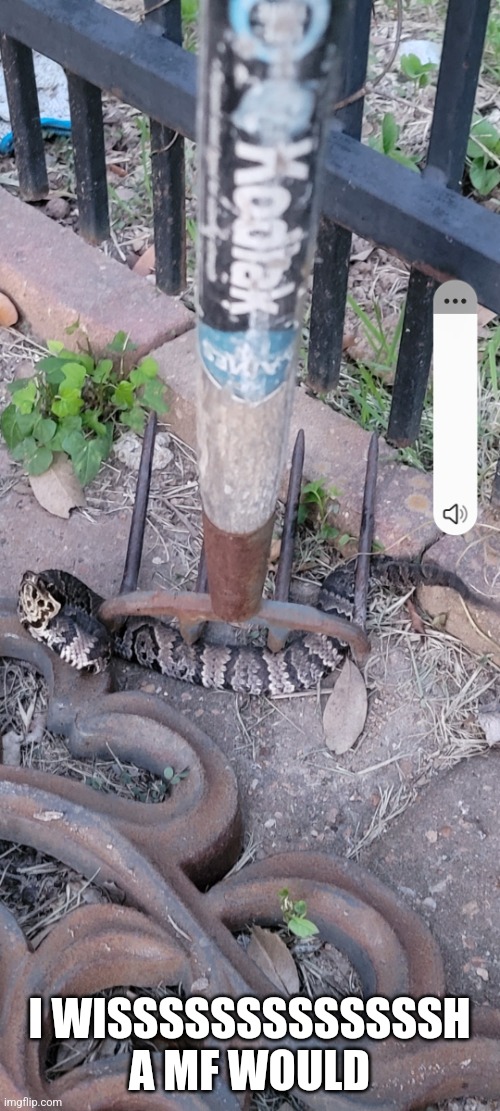Bottom of the list in Texas are Texas coral snakes. No one has ever died from a Texas coral snake bite and mild shortness of breath is the absolute worst symptoms we see from them. Usually it's just localized paraesthesias (tingling/numbness) that resolves quickly. This is not true for Arizona or Eastern coral snakes neither of which appear in Texas. Both of those which are now considered separate species from the Texas Coral snake have been associated with death from respiratory failure and neurotoxicity. Eastern coral snakes are the most deadly.
Next in Texas is copperheads. While they have been known to kill a few people, it is a rare occurrence and antivenom is often not necessary for their envenomations, but always come to the closest hospital with a crofab(antivenin) supply if you are bitten so we can monitor your blood markers and bite progression to determine if you will need antivenin.
Cottonmouths and rattlesnakes are similarly dangerous. There are a lot of different rattlesnake species and some are definitely more dangerous than others with more complex venom. Both Massasauga and Mojave rattlesnakes have combination neurotoxin and hematoxic venom.
Diamondbacks are credited for the most deaths, but to be fair pretty much any rattlesnake that bites someone is going to be called a diamondback unless there is a picture of the snake and even then most ER docs will identify most rattlesnakes as a diamondback when presented with a picture of one with a similar pattern.
You should always present as soon as possible to the closest hospital with antivenom when bitten by any of the crotalid viper species (copperheads, cottonmouths, rattlesnakes) for monitoring and possible antivenin administration.
Tourniquets, venom suction devices and cutting bite sites to drain venom are never recommended. All three cause more localized tissue damage and do not eliminate venom from the system or keep it from spreading throughout the body. It only takes a couple heartbeats for the venom to spread throughout the body.
The most important thing is to get to the hospital ASAP. If you have some benadryl on hand it's not a bad idea to take a tablet or two, but don't stop to pick any up on the way to the hospital. We have it here. They also have it on ambulances so calling 911 is a good option as well especially in urban/suburban areas.
Edit: Dogs are much much more resistant to all snakebites than humans. Small dogs can get into pretty bad trouble from snakebites, but medium and large dogs almost always recover even without intervention and a little benadryl goes a long way for dogs.
No material on this site is intended to be a substitute for professional medical advice, diagnosis or treatment. See full
Medical Disclaimer.












